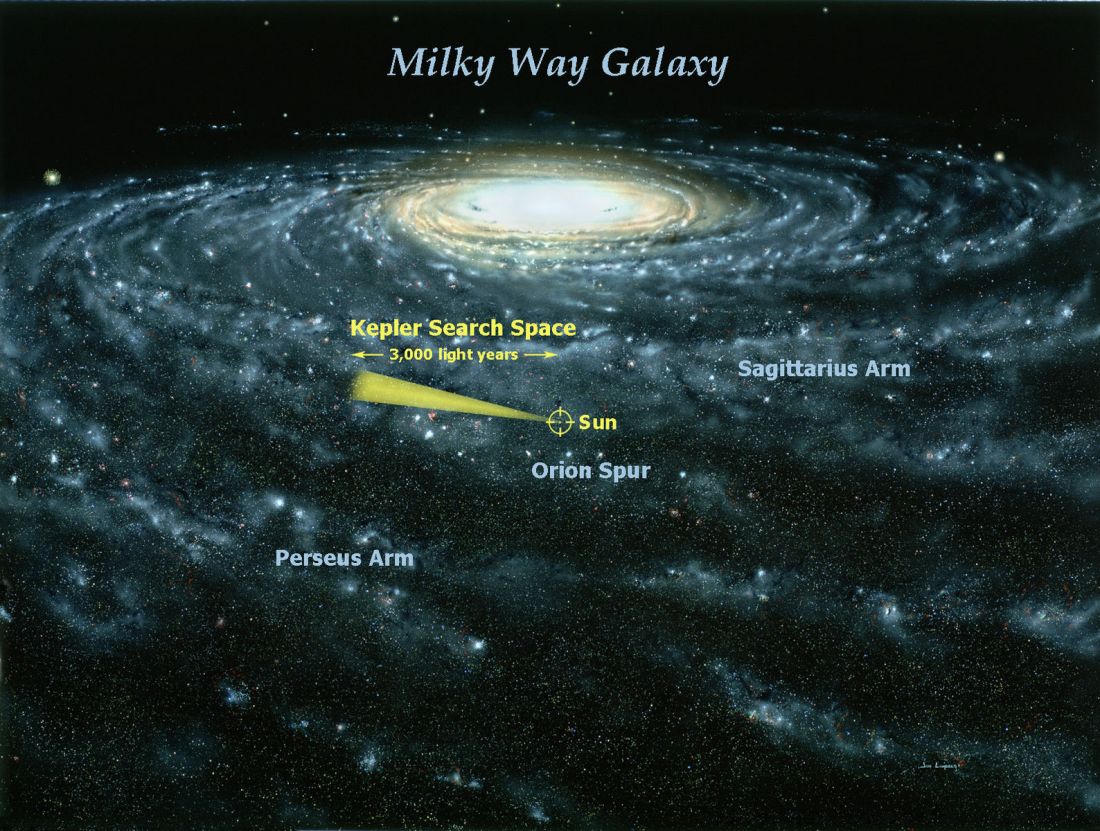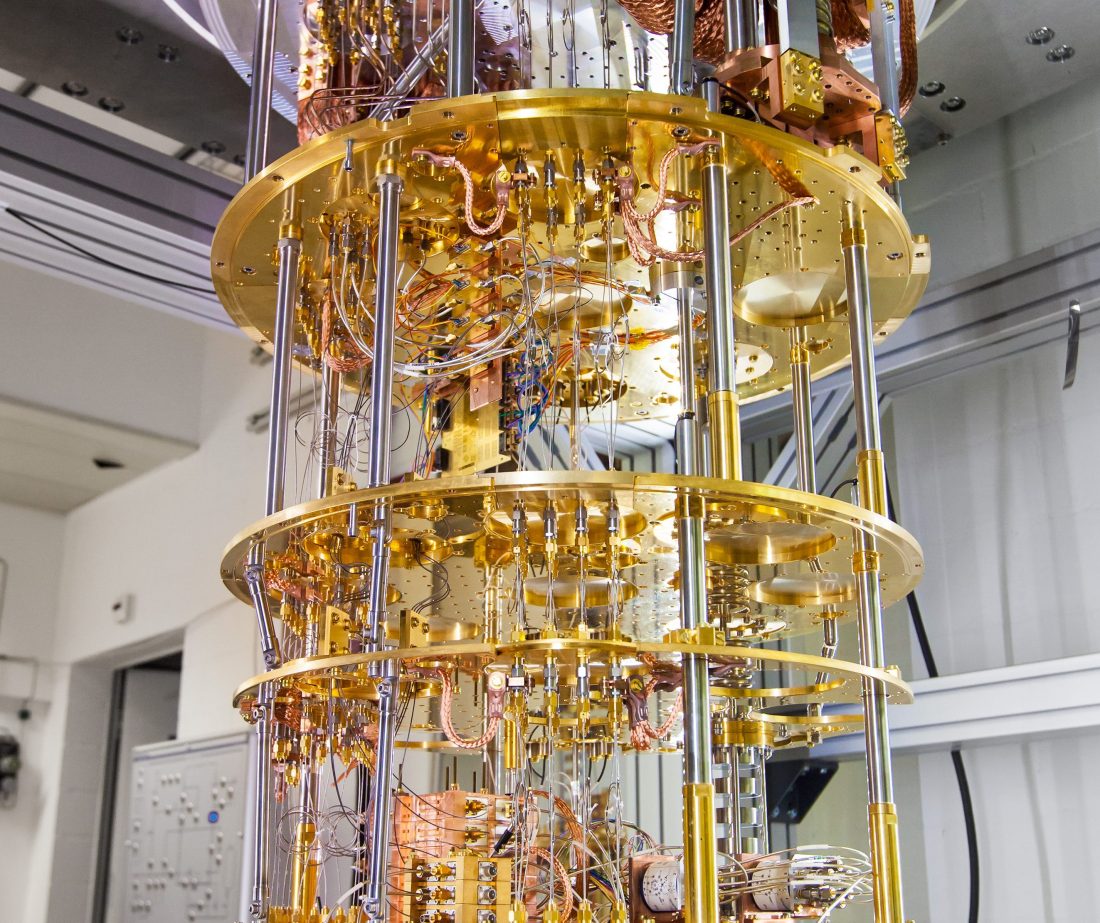I just finished reading Jim Baggott's new book Quantum Reality: The Quest for the Real Meaning of Quantum Mechanics - a Game of Theories. I was attracted to it due to this part of the description: Although the theory quite obviously works, it leaves us chasing ghosts and phantoms; particles that are waves and waves … Continue reading Quantum Reality
Month: June 2020
Communication and hypothetical thinking
Keith Frankish has an interesting article at Psyche pondering what ability separates modern humanity from archaic humans (such as homo erectus). His vote is hypothetical thinking. From the article: The ability I mean is that of hypothetical thinking – the ability to detach one’s mind from the here and now, and consciously think about other … Continue reading Communication and hypothetical thinking
Are babies conscious?
Infant consciousness seems like a difficult question. It's one people often react to with outrage that it's even being asked. Of course they're conscious, is the sentiment. Aren't they human, and don't we see them crying, showing facial expressions, and exhibiting other behaviors? Others conclude that there's no real way to know since they can't … Continue reading Are babies conscious?
36 civilizations in the galaxy?
A new analysis is getting some attention, one claiming to have refined the old Drake equation and produced firmer numbers, leading to this conclusion: Under the strictest set of assumptions – where, as on Earth, life forms between 4.5bn and 5.5bn years after star formation – there are likely between four and 211 civilisations in … Continue reading 36 civilizations in the galaxy?
Assembly Calculus: the missing link between mind and brain?
Read any mainstream neuroscience book, and one of the things you'll typically see is an admission that while a lot is known about the operations of neurons and synapses, and a lot about high level signalling patterns in various brain regions, along with a good amount on how sensory processing happens in some regions (such … Continue reading Assembly Calculus: the missing link between mind and brain?
Attention and what we should expect from theories of the mind
Aeon, in their weekend newsletter, highlighted an old article from Carolyn Dicey Jennings on attention and the self. I recall reading this article when it was published, but apparently didn't share or discuss it, I suspect because I had mixed feelings about it. I still do. Consciousness scientists have a tendency to look at attention … Continue reading Attention and what we should expect from theories of the mind
The necessary attributes of a responsible agent
George Ellis has an article at Aeon on free will that is garnering some attention. Ellis' case is a fairly classic one. Brain are complex systems whose operations, due to chaotic and stochastic dynamics, cannot be predicted. Furthermore, minds constrain the detailed physical reactions, a case of downward causation. And if that weren't enough, there's … Continue reading The necessary attributes of a responsible agent
Scientific and philosophical possibilities for immortality
A question that has come up in a couple of recent conversations: Is there any hope within a scientific or philosophical view of reality for immortality, something like an afterlife that is typically promised in the major religions? The most popular hope these days is the Technological Singularity, the idea that sometime soon we will … Continue reading Scientific and philosophical possibilities for immortality
The promise of quantum computing?
Anyone who follows the computing industry knows that Moore's Law, the observation that computing power doubles every couple of years, has been sputtering in recent years. This isn't unexpected. Gordon Moore himself predicted that eventually the laws of physics would become a constraint. One of the technological hopes for a revival is quantum computing. Quantum … Continue reading The promise of quantum computing?







